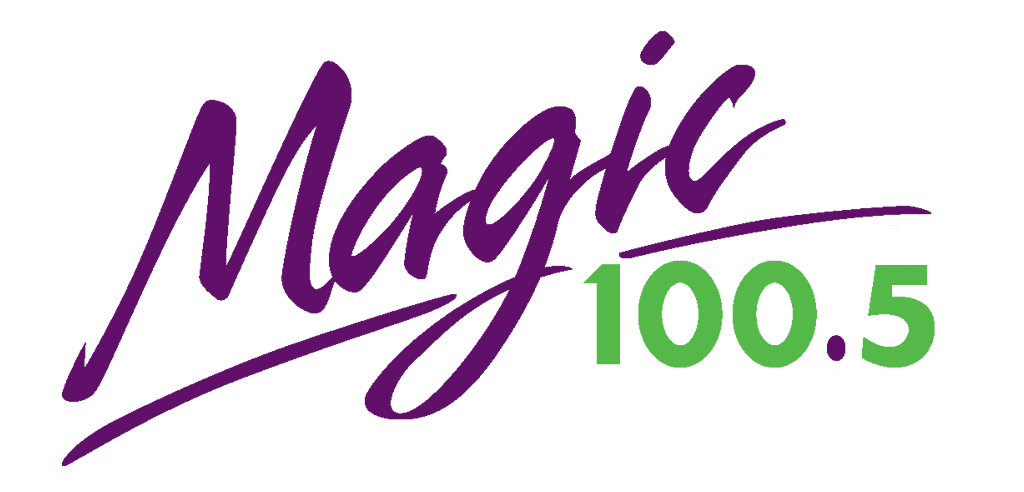Our long national nightmare is over. That is, Birdland’s long national nightmare is over (at least one of them, anyway) — Chris Davis has finally gone away.
The one-time slugging first baseman, who led all of baseball in home runs and RBI, announced his retirement late last week just one year shy of completing his club-record seven-year, $161-million contract.
The contract served as an albatross for the Orioles organization almost from the moment it was signed and, at times, served as the only thing that could allow Orioles fans to momentarily forget there had ever been a Glenn Davis trade.
What is it about slugging first basemen named Davis who become stuck in history’s craw as players who live in Orioles infamy?
The story is well known. Davis, seemingly a good guy, dominated American League pitching with massive displays of power and run production. On top of that, he was a pretty good first baseman. On top of even that, he helped propel the Orioles to postseason berths in three of five seasons after an organizational 15-year drought, yet, awkwardly would miss the postseason during, awkwardly, the Orioles’ best chance to gain their first World Series berth in 31 years because he tested positive for Adderall in late 2014.
Yet he earned a big contract, and deserved to receive one. But it was clear the Orioles (specifically owner Peter Angelos, who personally handled the negotiations) bid against themselves to make sure they retained Davis, which they did, yet grossly overpaid him in the process, making it impossible (so they say) for them to sign three key players of a contending club – Nelson Cruz, Nick Markakis and Andrew Miller.
For the next six seasons, Davis became the poster boy for struggle, often times ending seasons as the worst hitter in baseball and, one season, the worst in Major League history in a statistical sense.
After 13 seasons in the majors, Davis finally called it quits last week.
“After an extended time dealing with my injury and recent hip surgery, I informed the Orioles about my decision to retire effective today,” Davis said in a statement, months after appearing in just one spring training game and then undergoing season-ending left hip surgery to repair an injured labrum in May.
The 35-year-old was expected to return at the start of 2022 for the final season of his massive contract, easily the largest in the frugal history of a frugal organization, so in that regard, it’s nice that a team strapped for cash during Year 3 of a rebuild that could easily take five years, is now free of such a huge financial burden.
But, of course, as with most things Orioles these days, not so fast!
Davis will still receive the full $23 million he was owed for next year, having worked on a “restructuring” with the club, before mercifully agreeing to get the hell out of sight once and for all.
“The Orioles support Chris Davis as he retires from baseball today,” the team said in a statement. “We thank Chris for his 11 years of service to the club, to Orioles fans, and to the Baltimore community.
“Athletes have the power to change lives and better their communities, and Chris and his family have done just that. We admire their dedication to those most in need, with hundreds of hours of community work completed, millions of dollars donated, and countless other charitable efforts performed, often without fanfare.”
(Right. And as Catfish Hunter once said about his teammate Reggie Jackson, “Reggie would give you the shirt off of his back. Of course, he’d call a press conference to announce it.”)
After three-plus seasons to start his career with the Rangers, Davis came to the Orioles at the 2011 trade deadline. From there, he transformed himself into one of the most feared sluggers in baseball.
In 2013, Davis mashed an MLB-best — and career-high — 53 home runs with 138 RBIs while slugging an impressive .634. He won the Silver Slugger Award for first base, was selected to his only All-Star team and finished third in the MVP voting. Two years later he led baseball again with 47 dingers.
In 2016, he signed the huge contract but quickly saw his numbers plummet. Starting in 2018, there was an even bigger drop in his numbers, as he hit under .200 for three consecutive seasons and totaled just 28 long balls. From the end of 2018 into 2019, he was mired in a national-story 0-for-54 slump.
Despite the enormous drop, Davis still ranks seventh in team history with 253 homers, 10th in walks (491), 11th in RBIs (656) and 12th in extra-base hits (433). His 142 home runs at Oriole Park at Camden Yards are the second-most in the ballpark’s history.
He finishes his career with 295 homers, 780 RBIs and a .459 slugging percentage.
It is a complicated and mysterious legacy Chris Davis leaves in Baltimore, and, for his career. Yet it’s clear, for whatever the reason, good guy or phony guy, whatever the case, he lost it as a ballplayer.
Non-ballplayer types such as myself don’t say such things with ease, but it is what it is.
Truth is, Davis knew this himself; he had to – years ago. Yet he still negotiated a deal for himself to get every cent of a contract he did not one thing in six years to earn.
Whether the Orioles still have to pay him or not, good riddance.
Mike Burke writes about sports and a lot of other stuff for Allegany Radio and Pikewood Digital. He began covering sports for the Prince George’s Sentinel in 1981 and joined the Cumberland Times-News sports staff in 1984, serving as sports editor for over 30 years. Contact him at [email protected] and follow him on Twitter @MikeBurkeMDT


